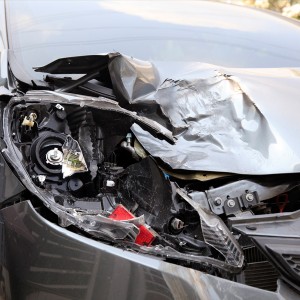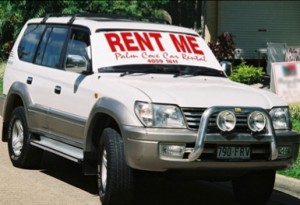Uninsured Motorist cases are founded in contract law. Uninsured Motorist cases are lawsuits against a person’s own insurance company to recover those damages caused by someone who did not have insurance or who did not have enough insurance. Usually, it is as a result of a car accident. But Uninsured Motorist cases can arise out of being injured as a passenger, pedestrian, or even being a bicycle rider!
When an insurer does not settle an Uninsured Motorist case and a Plaintiff sues and gets more than the coverage limits, the Plaintiff can recover the excess judgment if his or her lawyer can show certain factors and perfects the claim. First, such an effort to recover the excess judgment is called a “bad faith” claim. Next, if the bad faith claim is against one’s own insurance company, it is called a “first party” bad faith claim. Such a “first party” bad faith claim has to be perfected by filing a civil remedy notice under Florida Statute 624.155. You can see that law by clicking on this link: http://www.flsenate.gov/Laws/Statutes/2011/624.155. Anyhow, if a Plaintiff gets an excess judgment and can show bad faith and that they complied with Florida Statute 624.155, he or she might be able to get even more money than the policy of insurance they paid for.
On March 30, 2012, the 5th District Court of Appeals ruled in a bad faith first party case. The case was Higgins v. West Bend Mutual Insurance Company. The Higgins were from Minnesota and their insurance policy, a contract, was entered into in Minnesota. They got into an accident while vacationing in Orlando. The Higgins recovered $100,000.00 from the person who caused the accident, or the “third party”. Then, they presented their case to their own insurance company for underinsured motorist coverage. They had $100,000.00 in uninsured motorist coverage. Their own insurance company refused to pay that. So they went to trial. And they won a $260,000.00 verdict. The court ordered West Bend Insurance Company pay their $100,000.00 limits, which they did.
 Miami Personal Injury Attorney Blog
Miami Personal Injury Attorney Blog





